menu
Menu
Chapter Six
Moneypulation
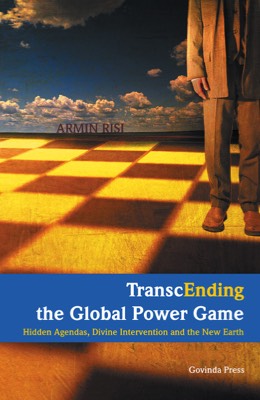
The Sanskrit scriptures relate that, at the end of the preceding yuga, about five thousand years ago, planet earth was suffering because of aggressive military forces led by dark war lords. Seeing this unbearable situation, the higher-dimensional planetary guardians (devas) beseeched Brahma, the highest Light being of the universe, for help, who in turn asked the ‘Father’ on their behalf . Their pleas were answered by a divine intervention that culminated in the appearance of Krishna. When the Battle of Kurukshetra, the so-called Mahabharata War, became inevitable, Krishna spoke the Bhagavad-Gita to his friend and devotee, Arjuna, who at that time was known as the bravest of all warriors.
After this decisive battle, Arjuna and his brothers headed by King Yudhisthira became the rightful leaders of the Bharata Empire. Under their reign people once again lived in peaceful prosperity. Though some first symptoms of Kali-yuga became manifest, society could not be corroded as a whole.
In this not so far distant past (‘only’ five thousand years ago) the Light beings called devas still sporadically appeared on earth. This happened, for example, when Prince Pariksit, the grandson of Arjuna, was enthroned as the next king. Pariksit, born shortly after the Battle of Kurukshetra, chose the veteran Kripacharya as his spiritual advisor. It was at the celebration of this occasion that some devas became visible even to the common man. The Shrimad-Bhagavatam (1.16.3) states: deva-yatrakshi-gocarah. ‘The devas appeared on this occasion (yatra) within the optical spectrum of the people (akshi-gocarah).’
Pariksit was a king who displayed all the magnificent qualities that had been predicted by astrologers on the day of his birth. However, despite a flourishing civilization, King Pariksit noticed that Kali’s destructive influence was increasingly visible on earth. In the Shrimad-Bhagavatam (1.15.45) the word bhuvi, ‘throughout the earth’, is used to emphasize Kali’s global impact.
The onset of Kali-yuga, the darkest of the four ages, coincided with King Pariksit’s reign. In the course of these ages, spiritual religiosity (dharma) gradually declined. It is said that Dharma, personified as a bull, had lost one leg after the other. At the beginning of Kali-yuga, only one leg was left – truthfulness.
[King Pariksit addressed Dharma the Bull:] In the first age, the age of Satya (truthfulness), you stood on four legs established by the four principles of self-control, purity, mercy (forgiveness) and truthfulness. But it appears that three of your legs are broken due to rampant irreligion in the form of pride, lust and intoxication.
You are now standing on one leg only, which is your truthfulness, and you are somehow or other hobbling along. But quarrel personified [Kali], flourishing by deceit, is trying to destroy that leg also.
The burden of the earth was diminished by the divine incarnation [Krishna] and the ones in His accordance. When He was present, the earth was blessed by His footprints, and thus there was auspiciousness everywhere.
Now she [the earth], the virtuous one, laments her future with tears in her eyes, for now she will be dominated and exploited by base-minded men posing as rulers. (Shrimad-Bhagavatam 1.17.24–7)
The attacks on the four pillars of dharma
Once while travelling through his kingdom, Pariksit had the vision of a scene that represented the global state of affairs to come: Kali in the guise of a king attempted to break the last leg of the bull Dharma, truthfulness, so as to gain complete control over the earth. Three of the bull’s legs were already broken, and the cow (the earth) was fretfully lowing in pain. Upon seeing this heinous action, Pariksit hastened to protect the bull. Kali, aware of the incorruptible nature of the emperor, immediately surrendered to him, pleading for his protection on the basis of being his citizen. The wise king did not forcefully annul Kali’s influence, knowing well that Kali would be effective only when people showed interest in his offers and seductions. In the upcoming age, Kali was to be a challenge for everybody’s truthfulness and sincerity. Therefore, Pariksit allotted four particular places to him:
The king, being requested by Kali, gave him permission to reside in places of animal slaughter, impure sex life, addiction and abuse of wealth. (1.17.30)
As already cited, the first three pillars of dharma are broken by pride, lust and intoxication, which are directly connected to the factors mentioned here; the fourth is broken by the abuse of wealth.
Pride destroys modesty and self-control, as a proud person believes the world exists for his enjoyment. The first victims of this arrogance are the animals which such people kill and eat. This especially refers to the killing of cows and bulls, which symbolize the earth and dharma.
Lust means wanting to exploit other people for one’s own gratification, be it sexually, socially or economically. This mentality destroys the purity of consciousness as it leads to greed, repression and frustration, causing people to become haunted by sexual images (elementals) of egoism, violence and perversion, which take their toll on all levels.
Intoxication refers to all forms of addiction that tune people’s consciousness to a low astral frequency, thus rendering these people susceptible to the dictation of negative entities. Those who fall prey to such kinds of influence lose their self-control and mercy because they are on an ‘ego trip’, being taken over by drugs, stimulants or fanaticism.
Abuse of wealth refers to speculative dealing with gold and money: bribing, cheating, gambling, the taking of interest, etc. By these factors, the four pillars of dharma – mercy (forgiveness), self-control, purity and truthfulness – are undermined, broken and even destroyed. Kali, however, soon had to realize that these forms of abuse and exploitation were not present in Pariksit’s kingdom!
… continued in TranscEnding the Global Power Game, p. 209
© 1992 – 2024 Armin Risi
Home | Aktuell/Neu | Bücher | DVDs | Artikel | Biographie & Bibliographie | Veranstaltungen


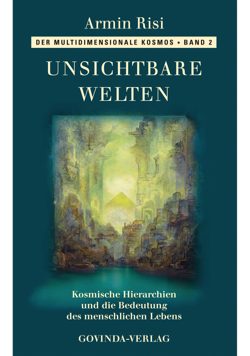
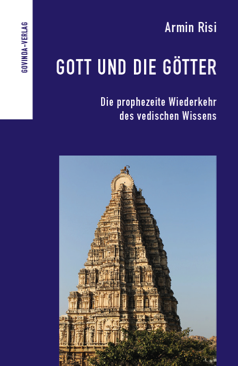

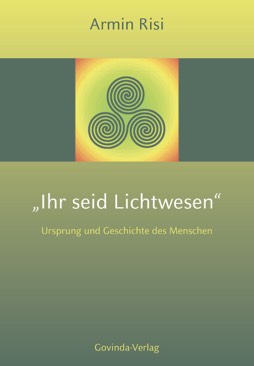
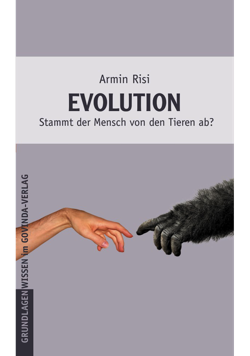
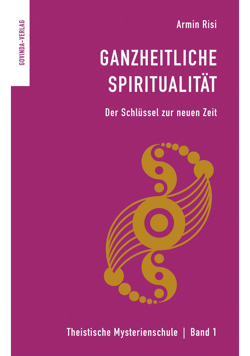
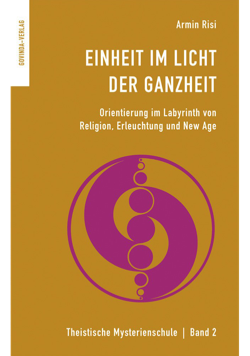
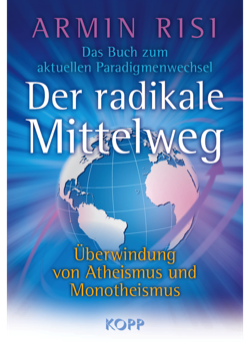
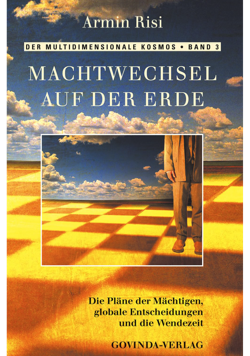
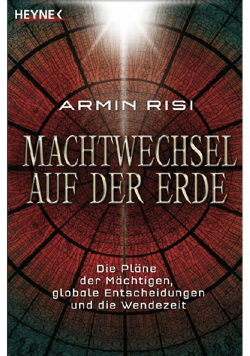
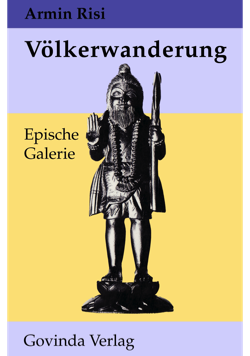
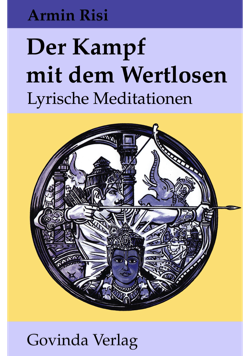
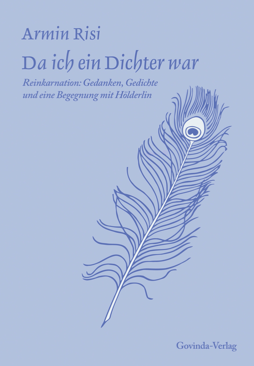
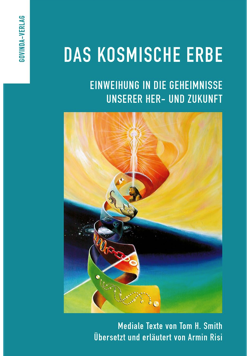
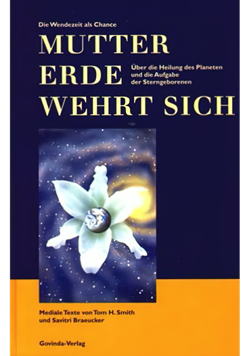

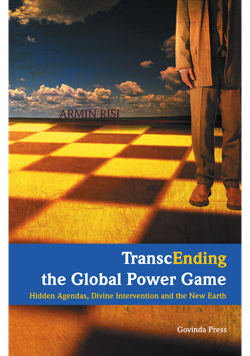
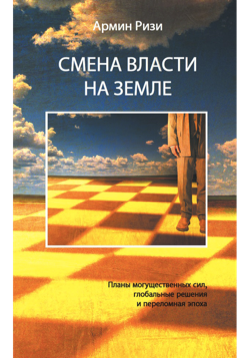
 quadratisch.jpg)